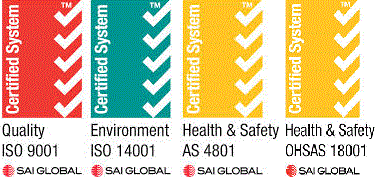Posted by Colin Weatherby 1300 words
Mark H. Moore’s ‘strategic triangle’ – the basis for value-led public sector management
I have been thinking about leadership a lot recently. It has been a recurring theme in posts on this site. Reading Jeffrey Pfeffer’s book has challenged my thinking about how leaders work and what motivates them. It has reinforced some of my scepticism about leaders and why they do what they do. I tend to agree with Peter Drucker’s questioning of the distinction between leadership and management. Ultimately, organisations, particularly in the public sector, have to be managed. The idea that somehow managers aren’t leaders or that leaders aren’t managing doesn’t make sense.
Having said that, I can think of organisational leaders I have known who couldn’t manage. At some point they just ticked the leadership box and assumed the position! Pfeffer explains how and why everyone then goes along with it. Once you are a leader it seems you can get to stay there without any real scrutiny and accountability for your performance. That has definitely been my experience in local government.
I keep imagining myself working in an organisation with an effective leader who manages the organisation for high performance (not career advancement). One that provides clear strategy, direction and goals. One who coordinates effort to across the organisation to achieve those goals. In particular, I have been thinking about how they could do that in local government. Continue reading



